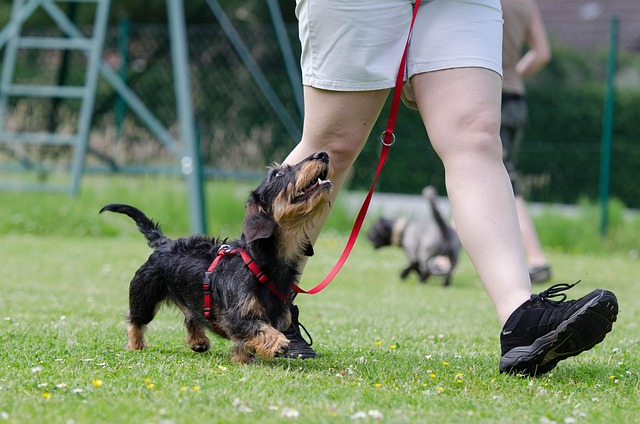Ever catch yourself wondering whether your dog’s “quirky” behavior is still adorable… or officially becoming a problem?
Or maybe you’re thinking, When do I bring in a dog trainer? And what do they actually do that I can’t?
Good news: trainers aren’t just for emergencies.
In fact, getting one involved early — even right after bringing your dog home — can save you tons of stress later on.
Here’s what professional dog training really is, and why working with an expert can make life with your pup way smoother.
So… what is a professional dog trainer?
While veterinarians handle the medical stuff, dog trainers specialize in behavior. Think of it like this:
- A vet = your dog’s doctor
- A trainer = your dog’s teacher or coach
A certified trainer (especially a positive-reinforcement trainer) has experience with dogs of every size, breed and temperament. Their whole job is helping dogs learn how to behave confidently, safely and happily — and helping you learn how to guide them.
How does a trainer actually train a dog?
Professional training focuses on positive reinforcement — rewarding the behaviors you want, so your dog keeps doing them.
This can cover things like:
- Basic commands
- House training
- Leash training
- Clicker training
- General behavior shaping
Sure, you can try to do all of this on your own… and many people do. But having an expert by your side makes the process faster, smoother and far less confusing for everyone.
Why bringing in a trainer is so helpful
Working with a professional is a huge advantage — especially with a new puppy or a newly adopted dog.
Here’s why:
- They help you build skills correctly from the start
- Your dog gets socialization and learns to listen to people besides you
- You avoid common mistakes that can take months to fix later
- Training sessions become fun instead of frustrating
Yes, you can read books and binge YouTube videos… but nothing replaces real-time feedback from someone who trains dogs for a living. Starting off “on the right paw” is much easier than undoing problem behaviors later.
Trainers can help at any age
Puppies aren’t the only ones who benefit. Trainers can help older dogs who:
- Develop new behavior issues (like separation anxiety)
- Stop responding to commands they used to know
- Struggle with confidence, fear or impulse control
And if you’ve tried multiple trainers with little improvement, it may be time to talk to your vet. Sometimes behavioral medication is medically appropriate, and a veterinarian or veterinary behaviorist can guide you through that.











